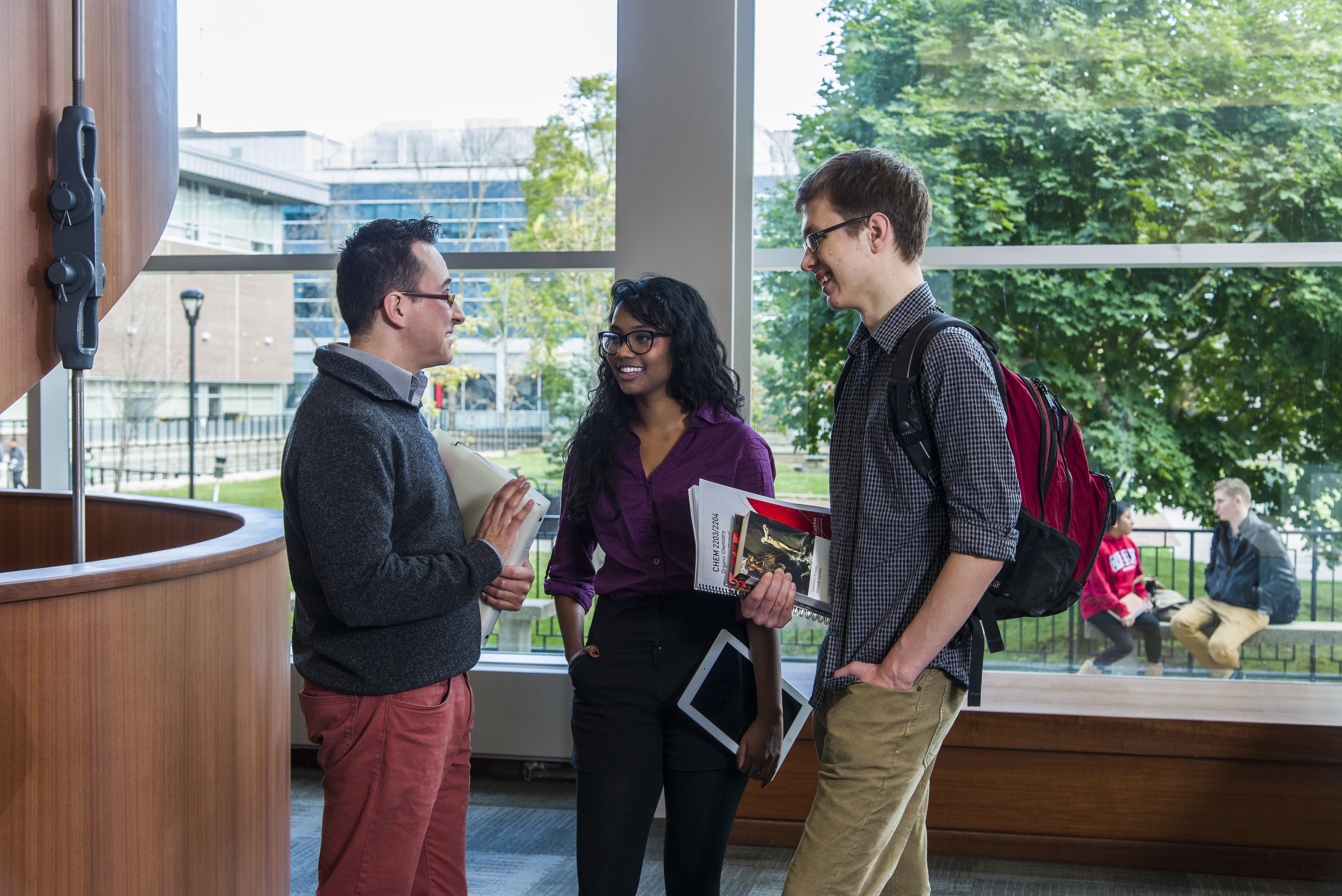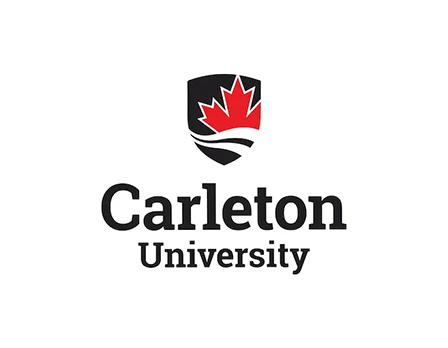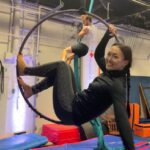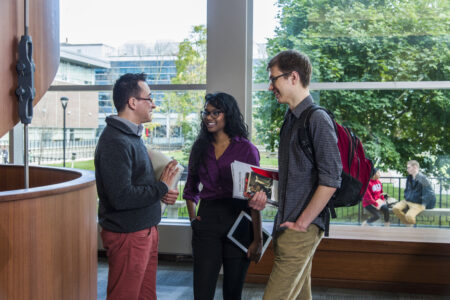In May 2024, Associate Professor Carlos Rossa from Carleton University led his students’s capstone project titled “Development of a Pediatric Laparoscopic Training and Skills Assessment Platform”, a partnering effort with Children’s Hospital of Eastern Ontario (CHEO) to construct an AI simulator that can enhance surgeon training. The project was acknowledged by CTV News Ottawa, calling it a significant step forward in leveraging technology to advance surgical education and skills assessment.
For Maged Elaasar, his position at NASA’s Jet Propulsion Lab (JPL) was all thanks to his advisors who were instrumental in teaching effective research methods and providing invaluable feedback on his thesis and technical papers during his PhD days. “Their support extended beyond my PhD, with opportunities for co-authorship and joint projects in my role at IBM,” he says.
Elaasar also mentions that his mentors trained him to sharpen his critical and technical writing skills during his studies which he brought over to his professional work. “Upon joining JPL, I was part of a team modernising its systems engineering practices through model-based systems engineering,” he says. “Despite initial challenges, a survey revealed the team’s limited influence on practice. I wrote a memo to senior leaders analysing the survey results and proposing a course of action to enhance the team’s effectiveness. The memo was well-received, leading to my appointment as the team leader.”
“Not only did this allow me to produce high-quality technical papers and serve on many technical review boards, but it also helped me in my personal and business life to more easily and accurately articulate my thoughts, support them with arguments, and present them in a clear and logical manner.”

Higher education is all about mentorship, whether it takes place in the classroom, in experiential learning labs, in capstone projects, or during a thesis. Source: Carleton University
This form of mentorship from people like Professor Carlos Rossa and Dr Yvan Labiche builds trust, confidence, and ideas that drive towards a student’s success. That is what the university emphasises – a mentor-protégé relationship that will bring positive results for both parties. Whether it is in the classroom, in experiential learning labs, in capstone projects, or during a thesis, you are in the hands of experts who want to see you succeed.
Carleton University is all about the community. This commendable trait can be traced back to its origins in 1942 when World War II veterans demanded that the then-college be upgraded into a university to provide them with post-secondary education. Being an institution for the people, the university followed through. Now, it has become Canada’s Capital University consisting of a community of talented, committed, and enthusiastic faculty and staff dedicated to supporting students in achieving their goals.
What initially started with just a Faculty of Arts and Science in its early days has now branched out to various faculties including the Faculty of Arts and Social Sciences, Faculty of Engineering and of Public Affairs, Faculty of Science, and the Sprott School of Business, all of which cover a diverse set of disciplines.
Take the Department of Systems and Computer Engineering under the Faculty of Engineering and Design, for example. It offers undergraduate and postgraduate programmes that cover computer systems engineering, electrical engineering, software engineering, communications engineering, and biomedical engineering. The diverse disciplines and faculty expertise here will enhance your learning experience, thus developing a holistic understanding of systems engineering as a whole.

“The diverse disciplines and faculty expertise at Carleton enriched my research and learning experience,” graduate Maged Elaasar says.
These interdisciplinary programmes provide a solid foundation in both theoretical and practical aspects of systems engineering. While learning theories take place in classrooms, experiments and research take place in advanced laboratories and facilities available around the department such as the Systems and Machine Intelligence Laboratories, Biomedical Engineering Laboratories, Radio Communications Laboratory, Computer and Software Engineering Laboratories, Human-Computer Interaction Laboratories, Signal Speech and Image Processing Laboratories, Real Time and Distributed Systems Laboratory, Software Quality Engineering Laboratory, and Computer Communications Networks Laboratories. The hands-on experience from lab work and collaborative projects will equip you with the technical skills to tackle complex engineering problems.
“My education at Carleton emphasised a systematic approach to problem-solving, blending theoretical and practical perspectives,” Elaasar says. “Additionally, the project management skills acquired, such as planning, risk assessment, and resource management, have enabled me to lead teams effectively and ensure timely and budget-conscious project completion.”
The university’s cutting-edge research and strong application of theory and practical teachings, combined with the opportunity to work with leading experts and access advanced research facilities only prove that the Department of Systems and Computer Engineering at Carleton University is the ideal place to further your studies in Ottawa and contribute to the field globally.
Follow Carleton University on Facebook, Instagram, LinkedIn, X, and YouTube.














